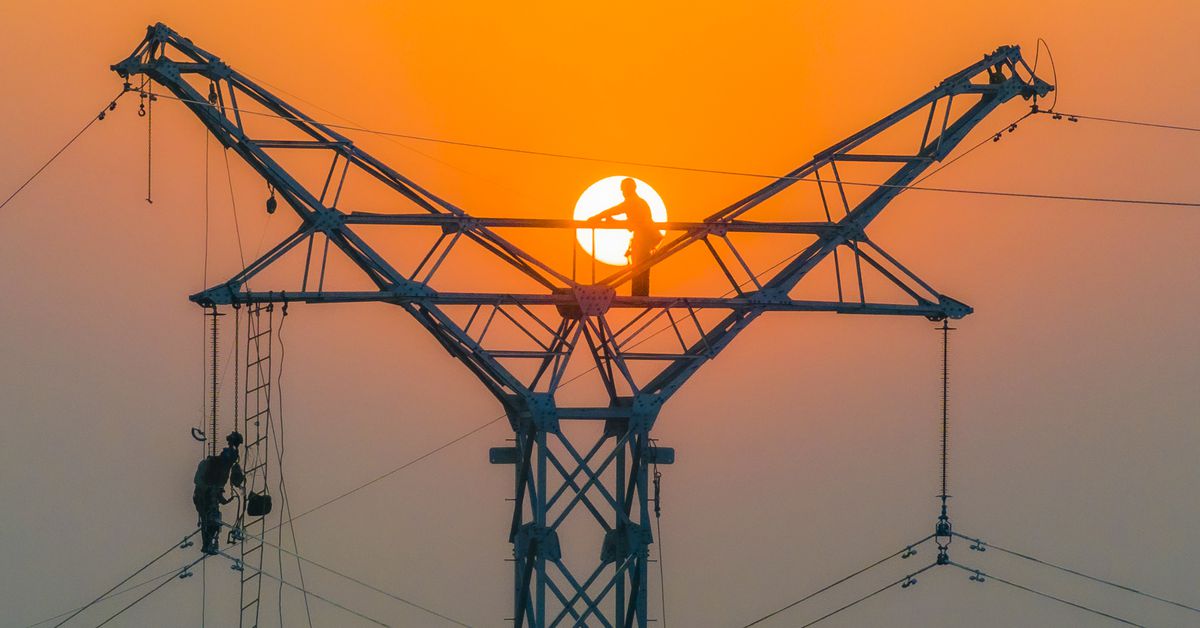Yet again, the article focuses on the wrong thing. The biggest problem with “the grid” is not power production, clean or dirty. The biggest weakness of the system is not supply but transport, followed closely by storage.
With electricity comes heat. In moments of high demand power lines become hot triggering a temporary shutdown of the line while it cools. Not doing so well trigger a failure which is a long downtime in a best case scenario. This is even worse during high heat events. A lot of our power line infrastructure is very old and was designed for a fraction of the load it has to sustain now, much less future demand. Because of this you end up with power plant capacity going unused while at the same time the grid is overtaxed.
This brings up the idea of storage. If production capacity of a power plant can’t be consumed at that moment, it would be nice if we could store that excess power in giant batteries in order to ensure continuity of service. We don’t do much of that either.
Still, almost every article of this type focuses on production while ignoring storage and distribution, which in turn lead to waste and unreliable service.
Wouldn’t it be nice if this was the issue that the entire world could collaborate on. Oh well. I guess countries just have to invent 200 different systems and standards.
This is the best summary I could come up with:
Without that overhaul, countries risk missing their climate goals and worsening climate-related disasters like storms and fires that are already walloping power grids.
Today’s aging grids are often teetering on the edge of power shortages, something that could become an even bigger problem as homes, buildings, and transportation go all-electric.
“We are heading fast towards an electric future, and grids are the weakest link,” Dave Jones, global insights lead at energy think tank Ember, said in an emailed statement.
It’s all part of countries’ combined efforts to limit global warming to the Paris agreement target of roughly 1.5 degrees Celsius above preindustrial levels, a goal the World Health Organization says could prevent millions of climate change-related deaths.
“The recent clean energy progress we have seen in many countries is unprecedented and cause for optimism, but it could be put in jeopardy if governments and businesses do not come together to ensure the world’s electricity grids are ready for the new global energy economy that is rapidly emerging,” IEA executive director Fatih Birol said in a press release.
If a lack of investment in grids leads to slower deployment of renewables, the IEA report says, then carbon dioxide emissions increase by 60 billion metric tons between 2030 and 2050.
The original article contains 528 words, the summary contains 208 words. Saved 61%. I’m a bot and I’m open source!



